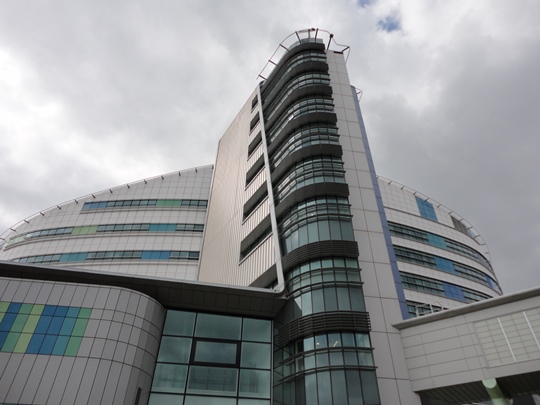It can take years for a story to go from being something that ‘everyone’ knows, to becoming today’s news. I was writing about government internet surveillance a decade ago, and was hardly the first. (The online world is not built for secrecy.) The piece comes from a 2002 Guardian supplement that also included a piece on how tabloid newspapers gained illegal access to personal data, including through police officers. But again, that story didn’t take off until the Guardian fingered the News of the World over Sara Payne’s voicemail in 2011. It takes a long time to get to critical mass.
At the NHS Confederation conference last week, you could see another story that, probably, will some day become today’s news. It’s almost a cliché among professionals that the NHS needs have fewer, bigger specialist hospital units, known in the health service by the code word of ‘reconfiguration’. Such units tend to have better results (as in, more patients survive), be more sustainable (it is easier to attract highly-skilled medical staff, who would rather work in centres of excellence than in outposts) and be more efficient. But because this means closing smaller units, such plans are often politically toxic, such as with child heart units. Continue reading “Internet surveillance and NHS reconfiguration: making today’s news”



